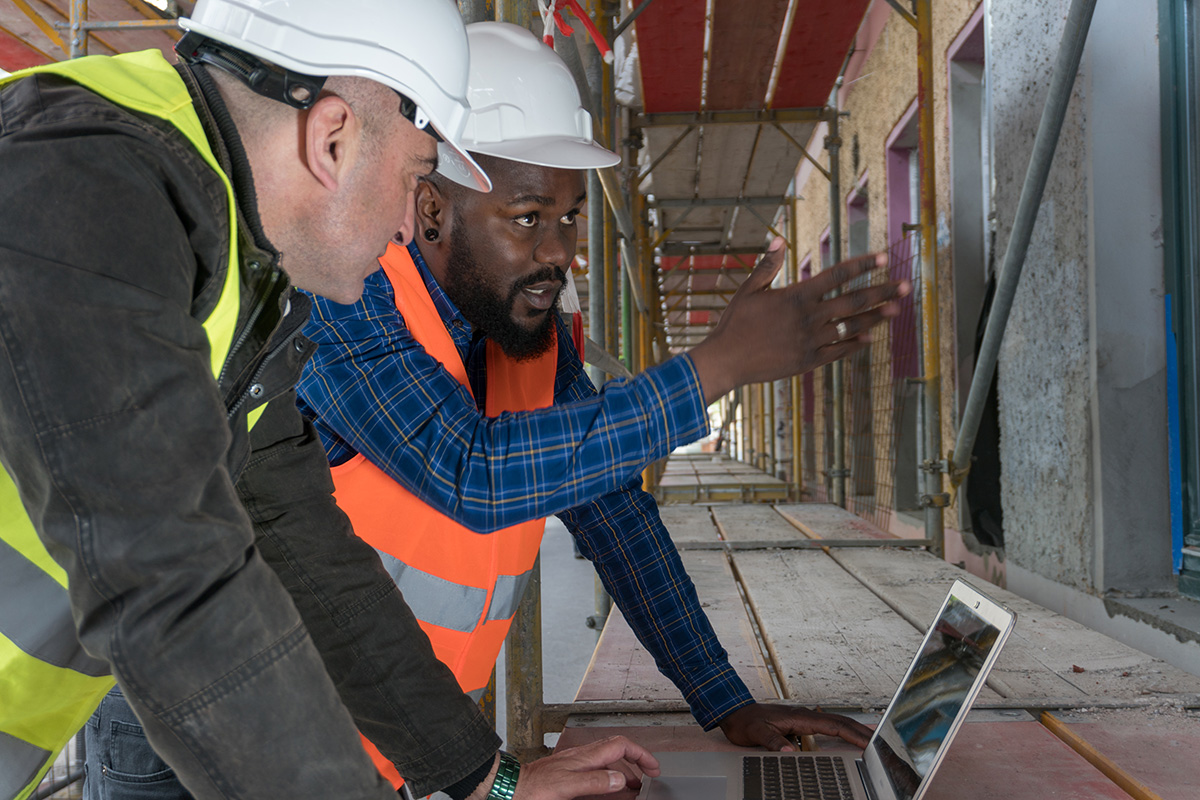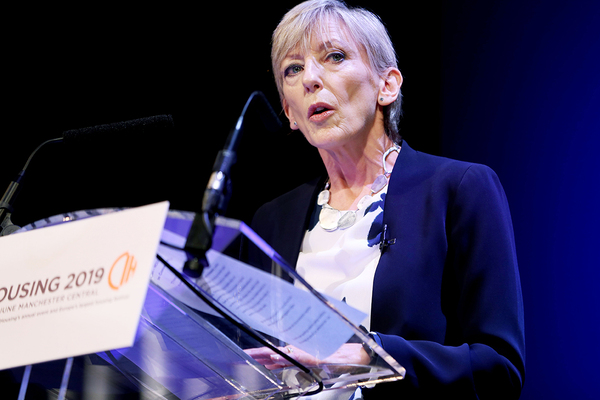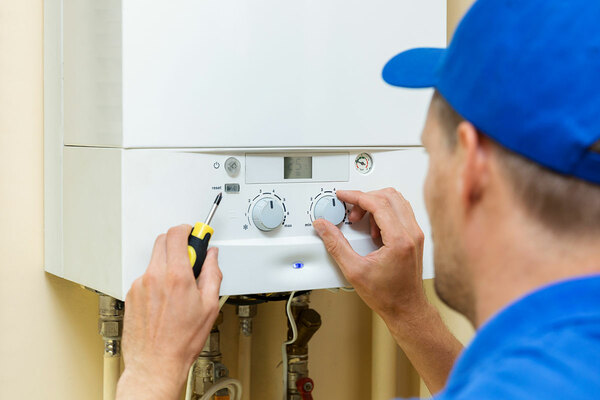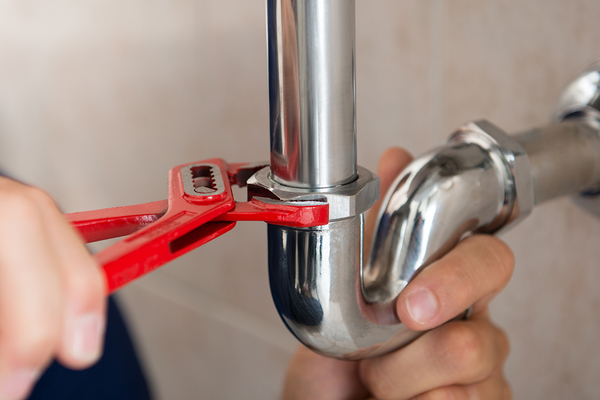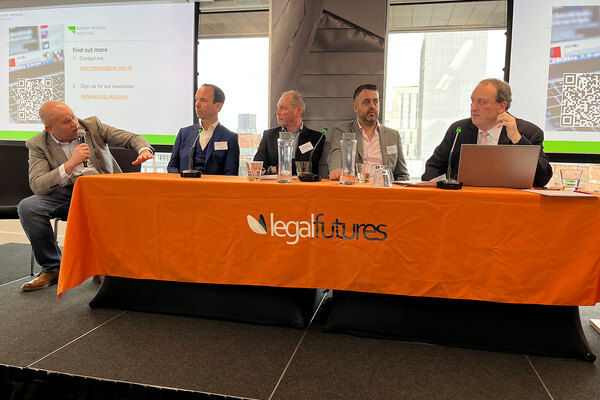How COVID-19 has brought transparency to compliance
The Hackitt Report reiterated that tenants need to have a voice in the management of their homes – this includes monitoring repairs and compliance checks. Cem Savas of software provider Plentific explains how COVID-19 has created more agile ways of digital thinking to disrupt the sector to think more ‘consumer’ with its approach
In association with:

COVID-19 has created unprecedented working conditions. How has the housing sector adapted?
Lockdown has made it difficult for repairs and maintenance teams to carry out compliance checks. Work was put on hold, thousands of contractors stopped work and only emergency work was done, all of which has had an impact, resulting in a backlog of repairs and pressure to reach compliance standards.
Early on in the crisis, we worked closely with housing associations to understand the risk and develop procedures and contracts, particularly surrounding safety and compliance issues. They told us what they were struggling with and that they wanted to share information and collaborate, but it wasn’t quite working.
So we launched a programme to support the sector and bring about the opportunity to collaborate. It’s been a different way of thinking – and people have enjoyed it.
Is this an exciting time to be working in the industry?
The Hackitt Review was already encouraging a change in improving tenant satisfaction and benchmarking safety. However, COVID-19 has made us realise that working from home is possible, but only if you understand how to digitally run your business – and a lot of organisations don’t. There has been an increased interest in how to harness and use data.
What will the rest of the year look like for compliance?
The biggest risks to resident safety are manual processes. When organisations rely on employees to undertake the work, record the case and file paperwork, errors can creep in. Information can get lost and only come to light when the tenant chases and possibly makes a complaint. Most housing associations don’t have the technical capacity for tenants to report issues with repairs, or to go online, see when the last gas check was done and then book in a contractor. Digital innovation can improve tenant satisfaction because it sets a format and standard for issues.
When you deal with orders in your personal life from an online retailer, you expect to be able to track the order and delivery, and complain if it doesn’t arrive.
In social housing, landlords are using off-the-shelf products and contracts developed 20 years ago. There’s no room for innovation. But we are seeing the industry come together with standardised workflows and tasks, along with a more standardised safety certificate. There is now room for transparency.
Is there now a more everyday approach to compliance?
Yes, there has been a need to access people’s homes without manual touch points. It has made the sector think about how to best get repairs done… and better. Decisions can also be made quicker. I’m curious to see what happens once workplaces fully open again. Will staff revert to the old way of thinking or take on board what we’ve learned? That will make the rest of the year very interesting and hopefully we’ll see further innovation.
More on coronavirus
To see all our coronavirus coverage to date – including the latest news, advice to providers, comment and analysis – use the link below.
